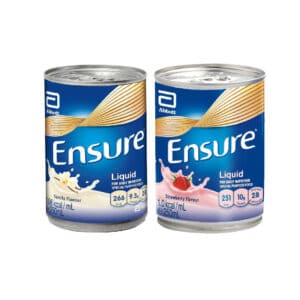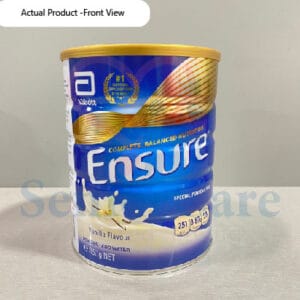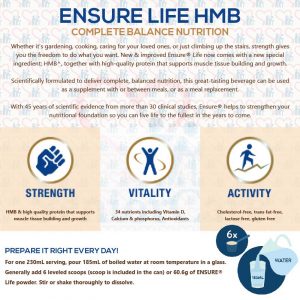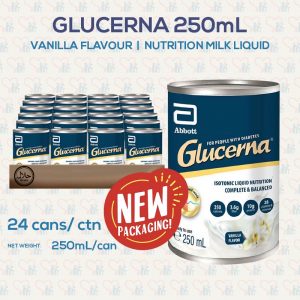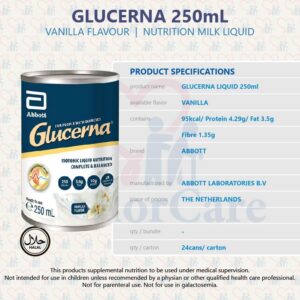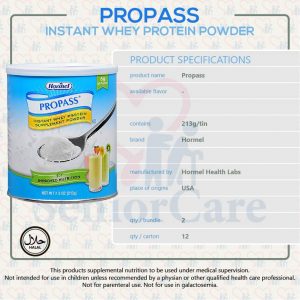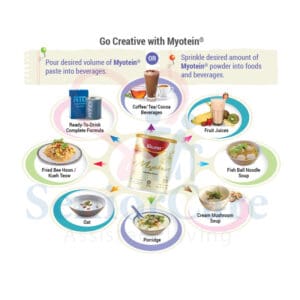Watch Out for Vitamin B Complex Deficiency Signs in Seniors

As we age, taking care of our health is vital. It’s necessary to have enough Vitamin B Complex in our body for physical and mental well-being.
Seniors are more likely to lack this vitamin. This blog explains what it is, how it functions in the body, and why seniors are vulnerable.
We also discuss the signs of deficiency and how to add vitamin B to their diet. We’ll also analyze the risks and benefits of supplements and when to seek medical advice. So let’s keep reading.
Understanding the Components of the Vitamin B Complex
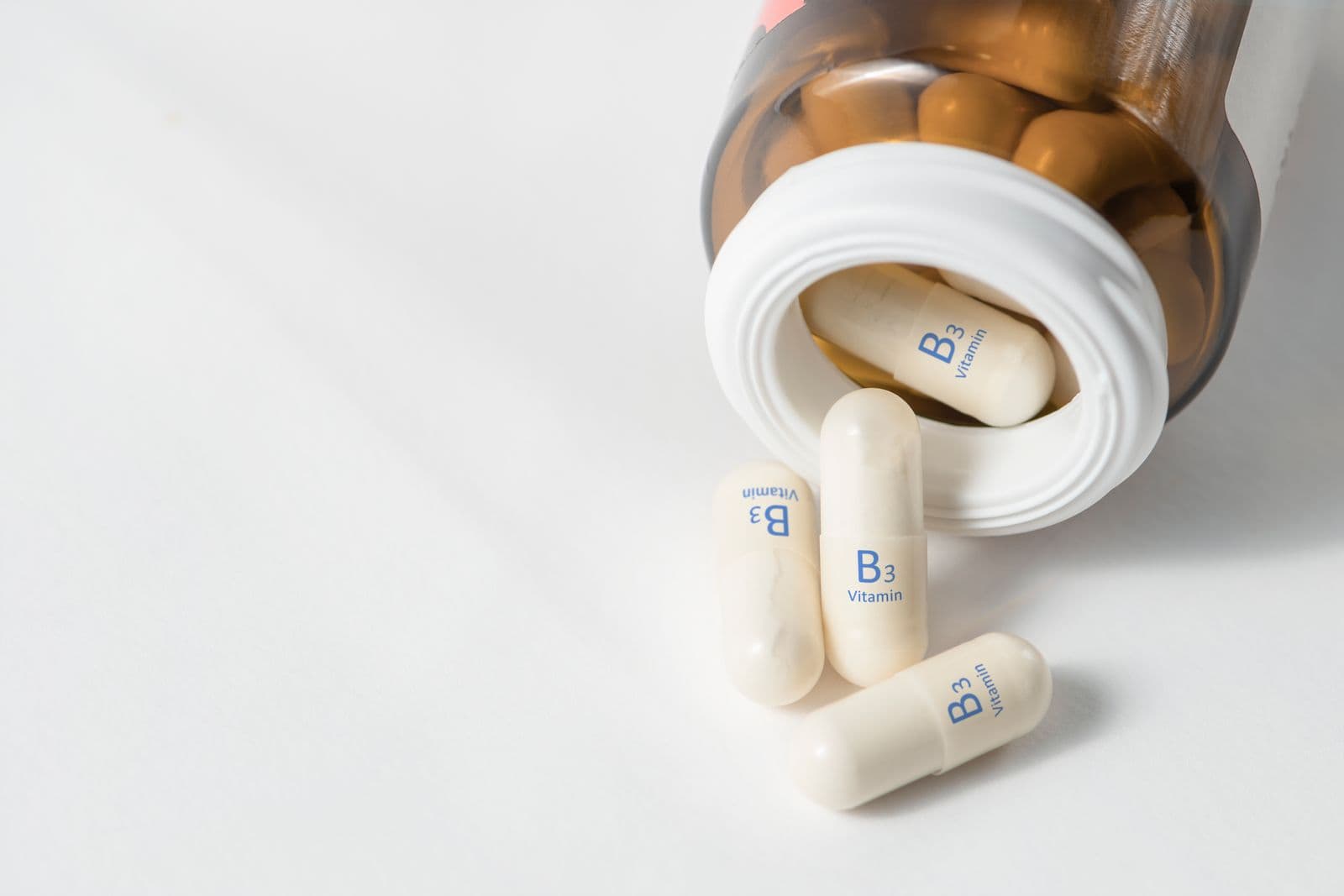
Seniors need to watch out for Vitamin B Complex deficiencies.
This group of vital nutrients includes B1 (Thiamine), B2 (Riboflavin), B3 (Niacin), B5 (Pantothenic acid), B6 (Pyridoxine), B7 (Biotin), B9 (Folate), and B12 (Cobalamin) vitamins.
Each vitamin is essential for the body’s functions like energy metabolism and red blood cell production.
B vitamins are water-soluble and our body does not store these vitamins, so they need to be consumed daily through foods such as whole grains, leafy vegetables, dairy products, and organic meats.
When there’s a deficiency in any of these vitamins, health problems may arise. Therefore, adding it to their diet can increase vitality levels.
What is the Health Benefits of B Complex in the Body
B Vitamin complex has many health benefits as it has essential nutrients like folic acid and pantothenic acid. It’s much you need for energy metabolism, nerve cellular function, and red blood cell production.
B vitamins may help with cognitive and brain functions, mood regulation, and hair, skin, and nail health.
The elderly need to maintain good health so eating animal products and whole grains can give us these nutrients.
Signs and Symptoms of Vitamin B Deficiency
Vitamin B deficiency can gradually manifest in seniors through an array of physical, emotional, and cognitive symptoms.
Being mindful of proper nutrition, supplementation, and early detection is key to preventing and addressing deficiencies.
Physical Signs to Watch Out For
Pay attention to their bodies’ physical signals to determine if they may have a vitamin B deficiency:
- Pale skin, fatigue, and weakness
- Nerve damage caused by the deficiency may manifest as numbness, tingling, or muscle weakness in the arms and legs.
- Mouth sores, glossitis, and hair loss
- Fatigue, shortness of breath, or heart palpitations, may suggest a vitamin B12 deficiency, which should not be overlooked due to the potential for serious health issues.
Emotional and Psychological Symptoms
Feeling moody, irritable, or even depressed? It could be a sign of vitamin B deficiency.
Not only can a lack of vitamin B contribute to mood swings and irritability, but it can also affect their cognitive function and concentration.
Anxiety, nervousness, loss of feeling, and increased stress levels are commonly associated with a deficiency in vitamin B complex.
Taking in adequate amounts of this essential nutrient is crucial for maintaining good emotional and psychological health.

So, consider incorporating these vitamin complex sources into your diet to boost your mood and overall well-being.
Why Seniors Are at Risk for Vitamin B Deficiency
Seniors are at a higher risk of vitamin B deficiency due to various factors. Medication interactions can interfere with vitamin B absorption, further exacerbating the risk.
Poor diet, lack of appetite, and limited nutritional foods can contribute to deficiency in older adults. Age-related changes in digestion can affect vitamin B absorption and utilization as well.
Moreover, seniors may have increased dietary restrictions, limiting their intake of it.
Regular blood tests, dietary supplements, and a balanced diet are crucial in preventing vitamin B deficiency in older adults.
Learn the Importance of the Impact of Medication Interactions
It is important to be aware of the impact of medication interactions on vitamin B metabolism.
People with certain medications, such as diabetes drugs and cholesterol-lowering drugs, can interfere with the consumption and utilization of this vitamin.
This can lead to deficiencies in important B vitamins like folic acid and pantothenic acid, which play a crucial role in various bodily functions.
Regular consultation with a healthcare professional and monitoring of vitamin B levels through blood tests is essential.
Adjustments to medication dosages or the addition of vitamin supplements may be necessary to prevent deficiency.
What Are the Consequences of a Poor Diet

A diet that lacks sources of it can have serious consequences for your health. Insufficient intake of whole grains, leafy vegetables, dairy products, and organ meats can lead to deficiency.
Unhealthy food choices, processed foods, and high sugar can negatively impact your vitamin B levels.
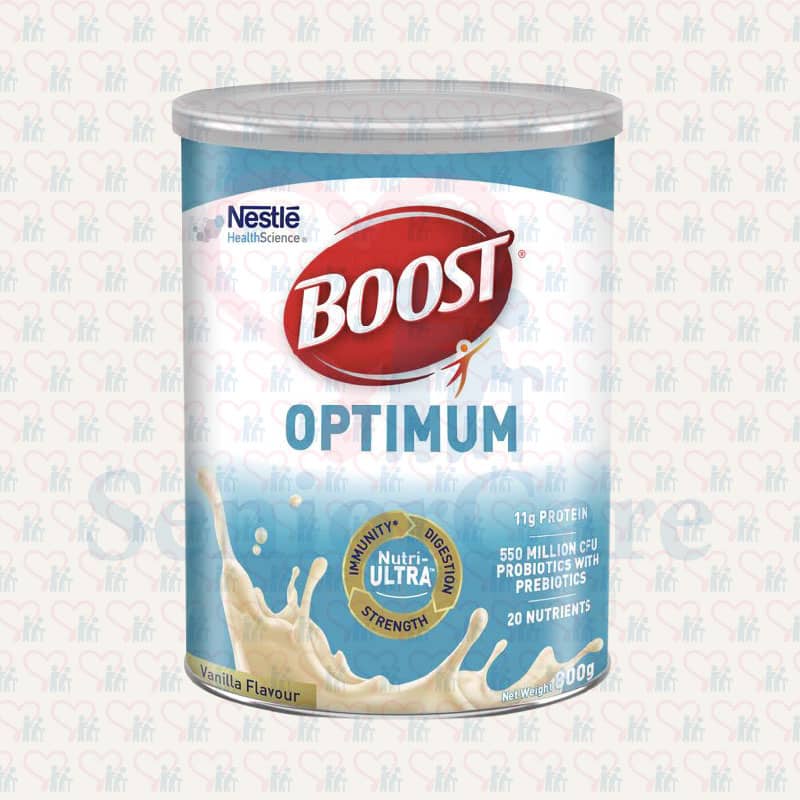
It is crucial to incorporate a variety of food sources like fruits, vegetables, and whole grains into your diet to support overall good health.
Remember, balanced nutrition, dietary supplements, and healthy food choices are essential for preventing deficiency and maintaining vitality.
Alcohol Use: Roles in Your Body
Consuming too much alcohol can interfere with the metabolism and consumption of B vitamins.
Alcohol use can damage liver cells, impacting the storage, metabolism, and utilization of these essential vitamins.
It is not uncommon for individuals with alcohol use disorder to experience vitamin B deficiencies.
However, quitting or reducing alcohol while incorporating vitamin supplements can help restore vitamin B levels.
Regular blood tests and consultation with a healthcare professional are crucial for addressing vitamin B deficiency related to alcohol use.
Digestive Health Conditions Leading to Deficiency
Digestive health plays a crucial role in maintaining optimal vitamin levels, especially when it comes to the vitamin B complex.
Certain digestive health conditions, like celiac disease and inflammatory bowel disease such as Crohn’s disease, can hinder the consumption of vital nutrients, including vitamin B.
These health conditions affect the body’s ability to absorb and utilize nutrients, leading to potential deficiencies.
In addition, certain conditions like acid reflux or gastritis can interfere with vitamin B complex metabolism.
Caregivers need to be aware of how digestive health can impact vitamin B levels and take appropriate measures to support adequate consumption and utilization.
Importance of Vitamin B Complex for Caregivers

As caregivers, it is crucial to maintain our energy levels, and it can help with that. It supports cognitive and neurological functions, allowing us to stay focused and alert.
Managing stress is also essential for caregivers, and adequate vitamin B intake can aid in stress management.
Additionally, it plays a vital role in the nervous system, benefiting us by promoting overall well-being.
Supporting good health, helps us fulfil our caregiving role effectively.
How Caregivers Can Help Identify Symptoms
Caregivers must be vigilant and attentive to symptoms that may indicate a deficiency in B vitamins.
Common symptoms to watch out for include fatigue, weakness, mood changes, and cognitive impairment.
Caregivers should also monitor for signs of nerve problems, such as tingling sensations or numbness, which may indicate a deficiency in vitamin B.
Additionally, symptoms like loss of appetite, weight loss, or hair loss should not be overlooked, as they could be red flags for inadequate vitamin B levels.
By identifying and addressing these symptoms promptly, caregivers can take proactive steps to support the overall health and well-being of their loved ones.
Ways to Incorporate Vitamin B in the Diet of Seniors

As seniors age, it becomes increasingly important to ensure they maintain a balanced diet rich in essential nutrients.
Encouraging them to consume a wide range of whole grains, leafy vegetables, and dairy products like milk, can provide a good foundation for increasing their vitamin B intake.
Additionally, incorporating citrus fruits, organ meats, and sunflower seeds can further boost their levels of these vital vitamins.
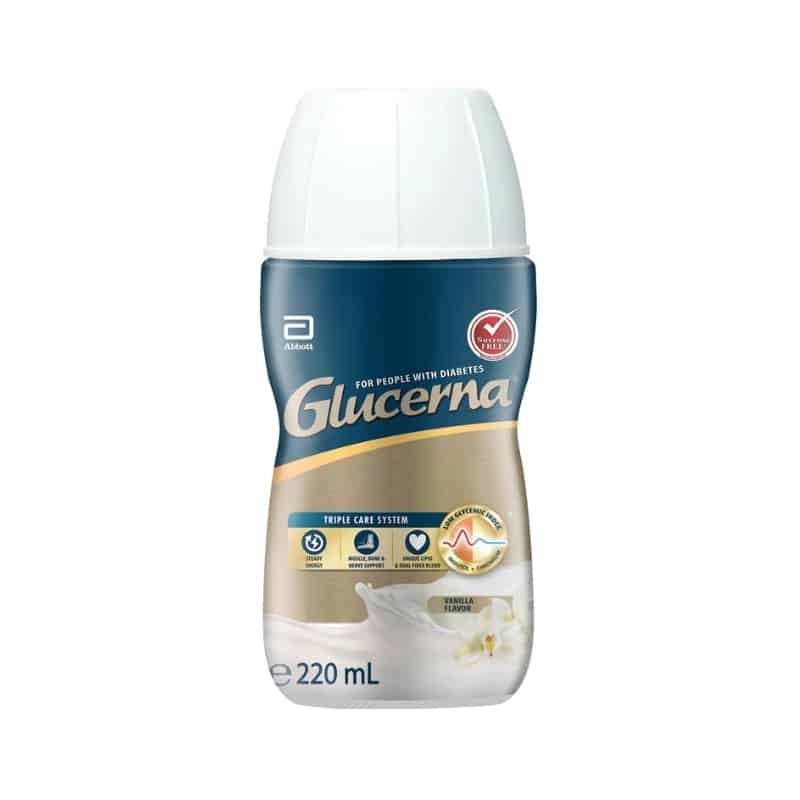
Caregivers can also suggest including leafy greens, high-quality meats, and dairy products to supplement their vitamin B intake.
Another way to support seniors to get enough B vitamins is by encouraging them to consume animal sources of this nutrient, such as fish, eggs, and poultry.
Here at SeniorCare, we offer a wide range of vital nutrients for our beloved seniors. Feel free to navigate the choices to incorporate into their diet.
Vitamin B Complex Supplements: What is a Neurobion Used For?
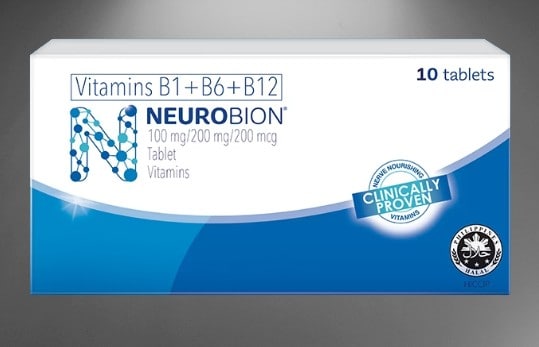
Neurobion is a supplement that contains B1, vitamin B6, and B12 to support nerve health and function.
By improving mobility, tingling, and weakness from neuropathy and nerve damage in seniors, this daily supplement can aid caregivers tasked with caring for less mobile patients.
It offers caregivers an accessible option to nourish nerves and potentially ease nerve discomfort in the seniors under their care.
Risks and Benefits of Vitamin B Complex Supplements
Supplements can provide health benefits like increased energy and absorption support for seniors, but caregivers should be mindful of the recommended daily allowance and potential side effects, consulting a doctor to help you determine if B complex supplements are suitable.
Potential Benefits of Supplements
Supplements containing folic acid, pantothenic acid, and vitamin C from the B complex group can have a range of potential benefits:
- Supports heart health and helps maintain healthy cholesterol levels to avoid heart disease and high cholesterol.
- Boost mood and cognitive functions, which can be especially beneficial for caregivers and seniors.
- Enhanced hair health and supports red blood cell production and immune system function.
- Provide long-term benefits, particularly for strict vegetarians or older adults.
Possible Side Effects

Caregivers need to be aware of the possible side effects of high doses of B complex vitamins as they may be at an increased risk for health complications.
One of the potential side effects is migraine headaches, which can be debilitating and impact daily activities.
Moreover, high doses of these supplements can also have the risk of developing liver damage, which can have serious long-term consequences.
Some individuals may also experience digestive problems such as nausea, vomiting, and diarrhoea due to high doses of these supplements.
It’s important to consult with a healthcare professional before taking any supplements and to follow recommended dosages to avoid adverse effects.
When to Seek Medical Advice

It is recommended that seniors consult with a doctor before taking vitamin B supplements.
This allows doctors to screen for signs of deficiency and determine which supplements are most appropriate.
Additionally, doctors can explain the advantages and potential risks of high-dose vitamin B supplements and ensure that seniors take them safely.
Caregivers should also be vigilant about monitoring for potential serious side effects, and seek medical advice promptly if any symptoms of higher doses occur.
Could Vitamin B Complex Supplements Be the Solution?
Seniors should watch for signs of Vitamin B Complex deficiency.
It’s important to know these symptoms because Vitamin B may be needed for the good health of seniors. Caregivers can help by giving seniors foods where B vitamins are found.
Considering the health of older adults, caregivers should explore reputable supplements as a potential solution to deficiency symptoms.
Taking supplements may increase higher amounts of B vitamins, supporting overall vitality and well-being. Caregivers should consider incorporating them into the seniors’ diet for optimal health.
But before taking any new supplements, check with a doctor first.
Taking care of seniors’ bodies by supplementing with B Vitamins through good food and supplements will make you feel better and live better.
Here at SeniorCare, there are lots of helpful products to ensure the proper nutrition of our beloved seniors. Feel free to check them out below.

